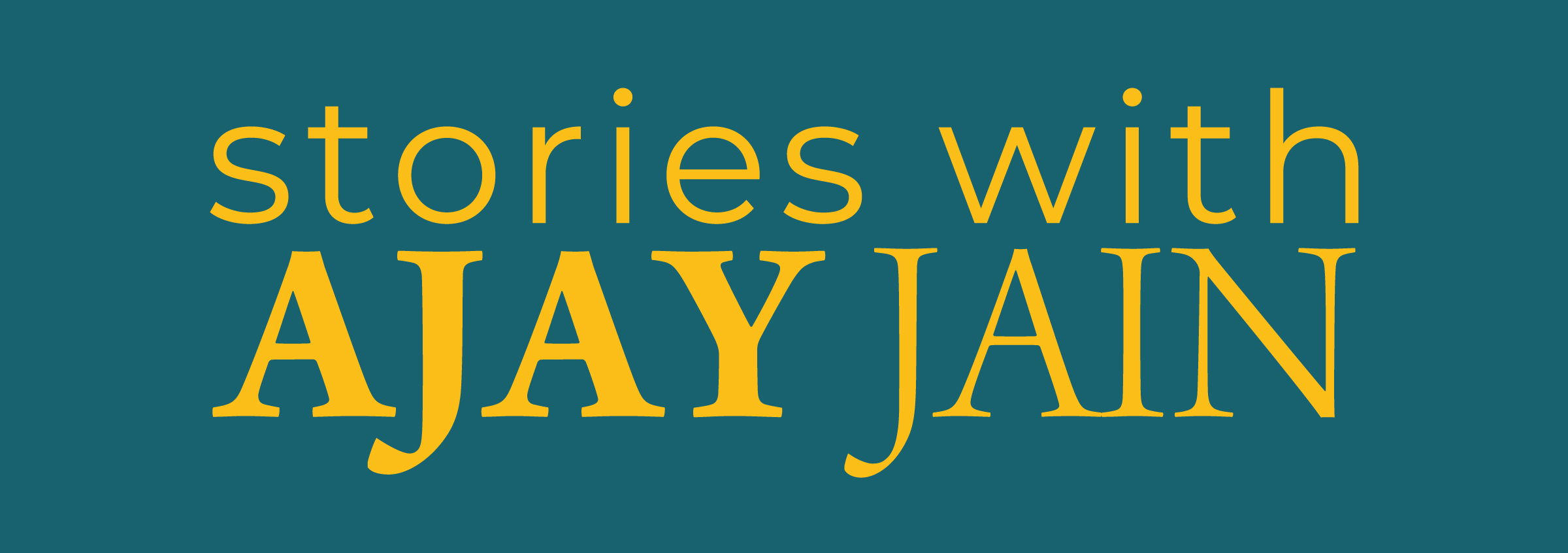
You have to write a book to know the effort it takes. And appreciate it as a labour of love, a piece of art. The finished product has to have a price tag on it, but its worth is immeasurable. It is thus incomprehensible to see the publishing industry devalue its own products deliberately. Through discounting.
When we think books, we cannot avoid thinking Amazon. And when we think Amazon, we associate it with discounts – across all categories in the ‘everything store’ but steepest for books. Ok, but where is the problem? Isn’t it a good thing for customers? Of course it is, but there are reasons why the normal rules of commerce cannot apply to books.
DISCOUNTING BOOKS DISHEARTENS ITS CREATOR
Books define our culture, they are repositories of our stories, they are archives of our past, they shape our future. When you discount art, it disheartens its creator. It disincentivises the artist, and others aspiring to emulate them. Quality and significance suffers, leaving the reader the poorer for choices. Their pockets might be jingling with the money saved through discounts, but they may be hard pressed to find suitable books to spend on.
It may sound too far-fetched a theory, because there is no dearth of eminently readable books out there. But somewhere, the eco-system is breaking down. Creativity needs a setting to thrive, and that is why Florence emerged as a centre of art and Paris of fashion. Do you expect price cuts for a Monet or a Dior? Books are no less, so why do we allow the likes of Amazon to commoditise them? Just because it’s a free market out there?
BOOKS ARE A CULTURAL PRODUCT, CANNOT BE SUBJECT TO FREE MARKET DYNAMICS
The American brand of capitalism says yes, but some of Europe disagrees. Publishers are required to print fixed prices on books in France, and no seller is allowed to mark them down by more than five percent. A further legislation mandates all e-commerce players to charge a minimum delivery charge so they don’t have an unfair advantage over bookshops delivering books to their customers. It is a part of the country’s notion of ‘cultural exceptionalism’ to protect the interests of independent booksellers. The approach has worked wonders; thousands of bookstores are thriving, and more are coming up because it is now a viable business. Creating more readers, and more authors too!
Why does this segment require ‘protection’ when many others don’t get such favourable treatment? Because bookstores, especially independent ones, are where society converge. The conversations, the discovery, the osmosis of stories into your system only happen when walking through aisles, attending talks, sipping coffee. Bookstores may seem outliers in markets insistent of selling apparel, home décor, gifts, food, and more food but they are the spas for the soul, the mind and the heart. Down the shutters on them, and we will be left with a void that may not manifest itself in the moment but will over time.
Free markets may be here to stay, but that does not mean anti-competitive practices should too. Amazon’s loss leadership approach, where they are willing to take a hit selling books but more than making up for it through sales of other products, is a winning formula they cannot be expected to pare back on voluntarily. The only antidote is legislation like in some Western European countries; it is unlikely many others will follow suit. They would either not like to interfere in the way markets operate, or books are just not important enough compared to other governance issues. Does this mean status quo will be maintained, and the likes of Amazon will be allowed to throttle a culture? Shouldn’t publishers take up the cudgels, for they have the most significant stakes in the business?
PUBLISHERS CAN CURTAIL DISCOUNTING
I pose this to managements of publishing houses on a continual basis. Their response? It’s not in our hands to curb discounts on Amazon; how can we dictate terms? But you do have the power, I say. You own the product; you can choke supplies to channels selling at unacceptable terms. All I see is a pursing of lips, pretensions of giving a thought to what I am emphasising, a nod and a shrug, and a hollow promise of exploring possibilities.
HOW THE INDUSTRY OPERATES
Before I continue, let me give you a peek in the inner workings of the industry. After a book is produced, it is usually handed over to distributors who then supply to bookstores and other resellers. The distributors usually get stocks at what is a called a discount on the marked price. They keep a percentage of this for themselves, passing on the rest to the reseller. The latter then sells at whatever price they deem fit.
No matter at what price the customer gets the book, publishers get only what they billed the distributor. They get this fixed amount whether the customer gets the books at the marked price or below it. There is thus no incentive for them to fight discounting; their incomes don’t change. But they don’t realize, or admit to, is the devaluation of their product.
Amongst all creative industries, why is publishing the only one to lessen the perceived worth of their own products? In fact, in many territories, they go a step lower: they sell books at discounts going up to forty percent on their own websites. How can they be expected to then take on Amazon for the same ‘cultural crime’?
IS DISCOUNTING REALLY IN CUSTOMER INTEREST?
You may agree with what I am saying, but would still argue in favour the customer interest. I do not disagree, and it is not the customers’ crusade to lead. That is why publishers – and authors – need to intervene till legislators don’t. Customers who seek books will buy them irrespective of the price; if they get a discount, that’s a cherry on the top. But if they have to read something, they will. If there is no discount anywhere, all except those with strained budgets will still buy at full price.
What discounting does is take money out of the system. Authors complain – with ample justification – of not receiving adequate marketing support for their books. Publishers cite lack of budgets. However, as pointed above, if publishers are anyway getting a fixed sum, they will not get additional money even if books sell at marked prices. How will their marketing budgets change? It can, indirectly at least. Without discounting, resellers make the additional money. When they do, they will invest in events and marketing, in upgrading their displays, in investing in more stores. That in turn will lead to more sales, and higher royalties for authors. It will also mean higher incomes for publishers, to be spent on greater works of authorship and their marketing.
Reading (of books) is down in the age of social media and streaming television. It needs to go up, for the sake of individuals, for society, for authors, and even the business interests of publishers. We need to come together for a present day renaissance; devaluing the perceived worth of one’s products is starting on the wrong foot.
